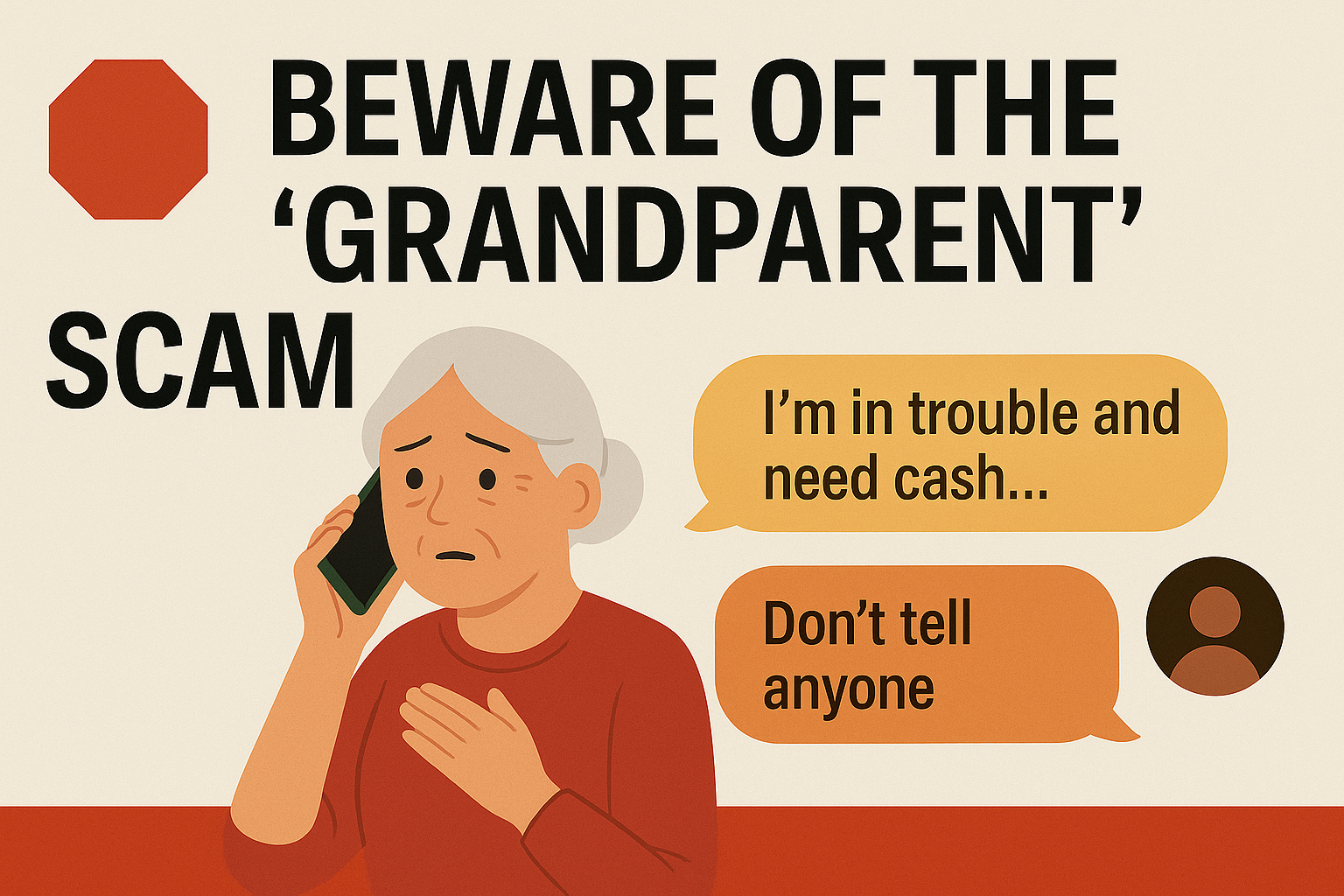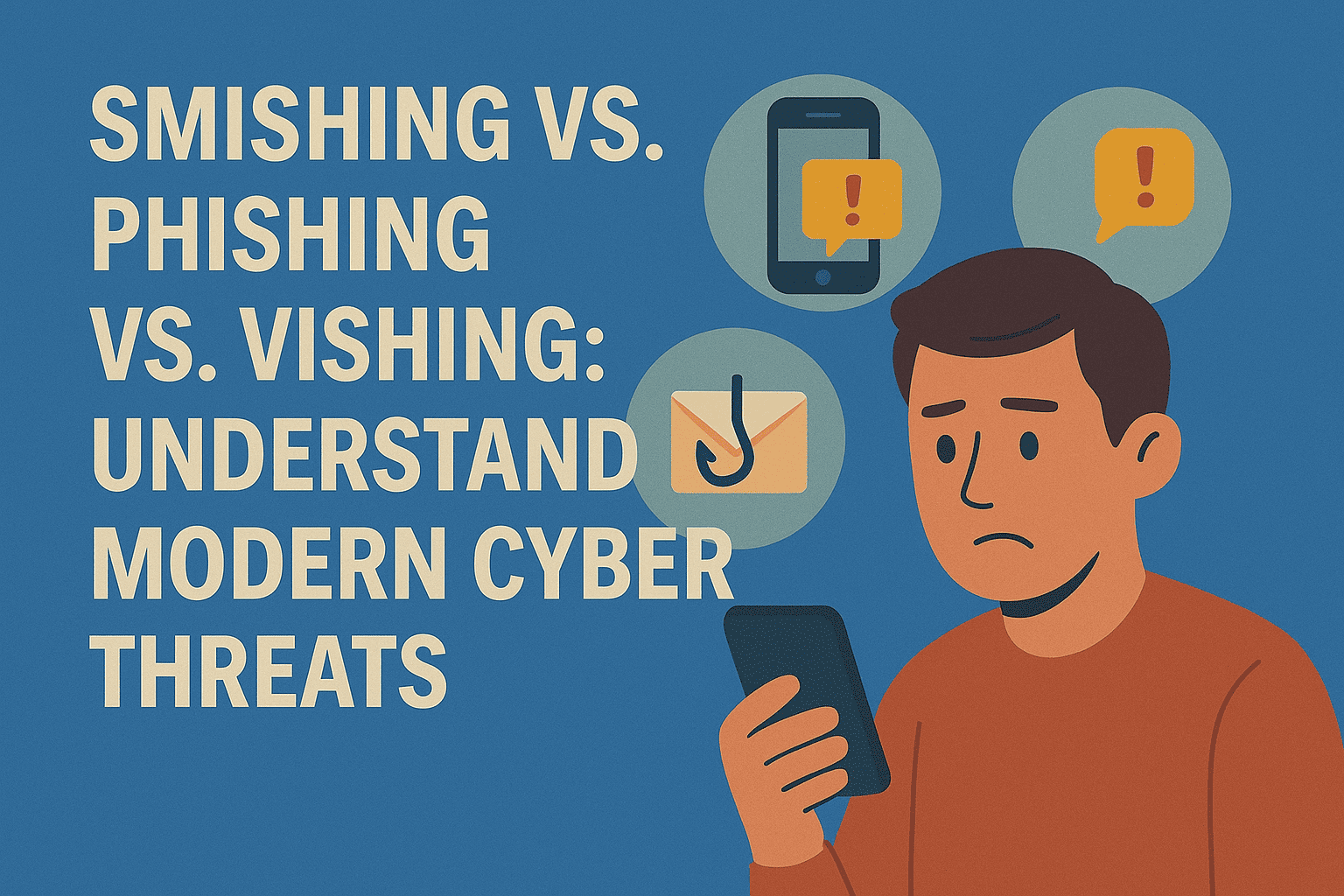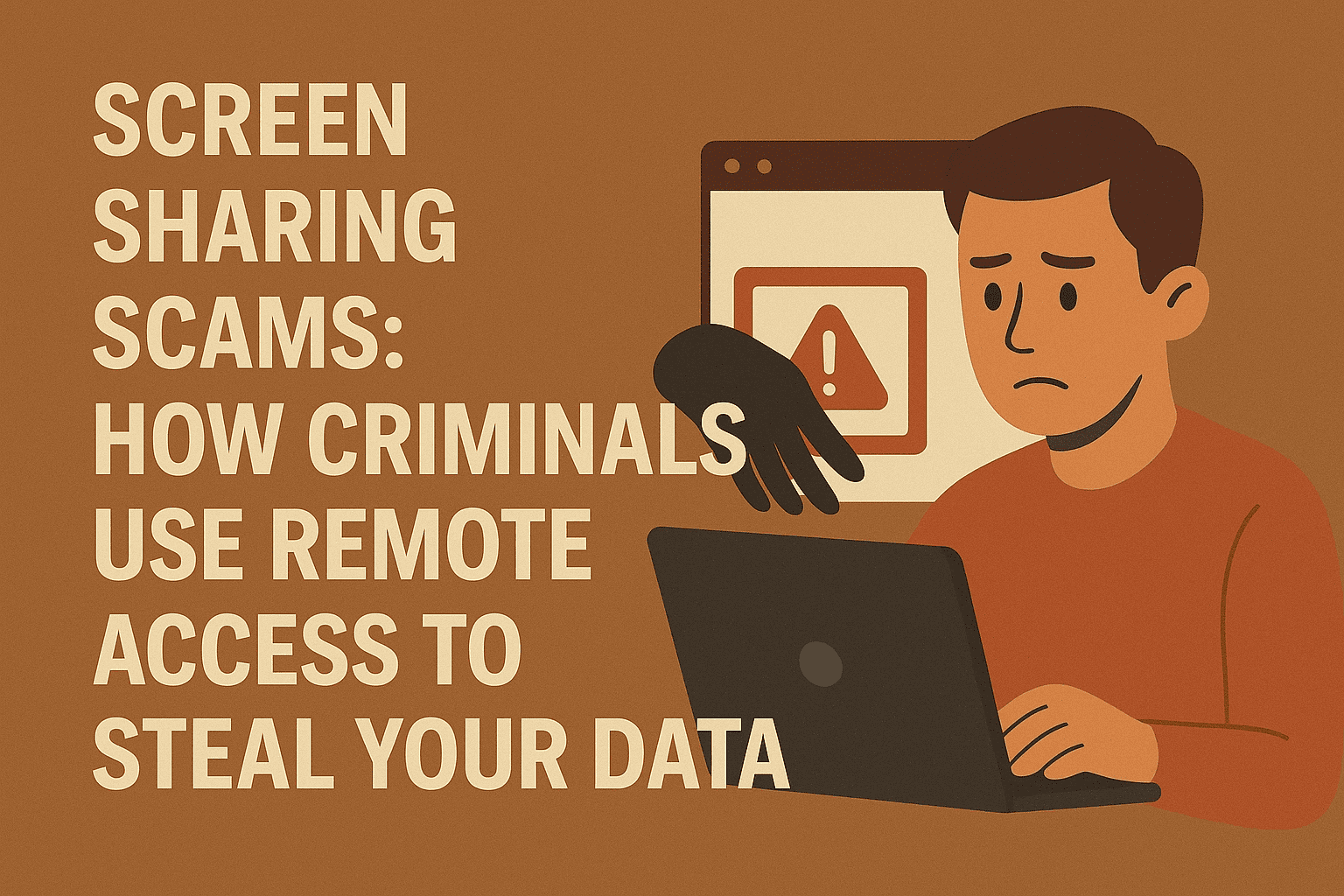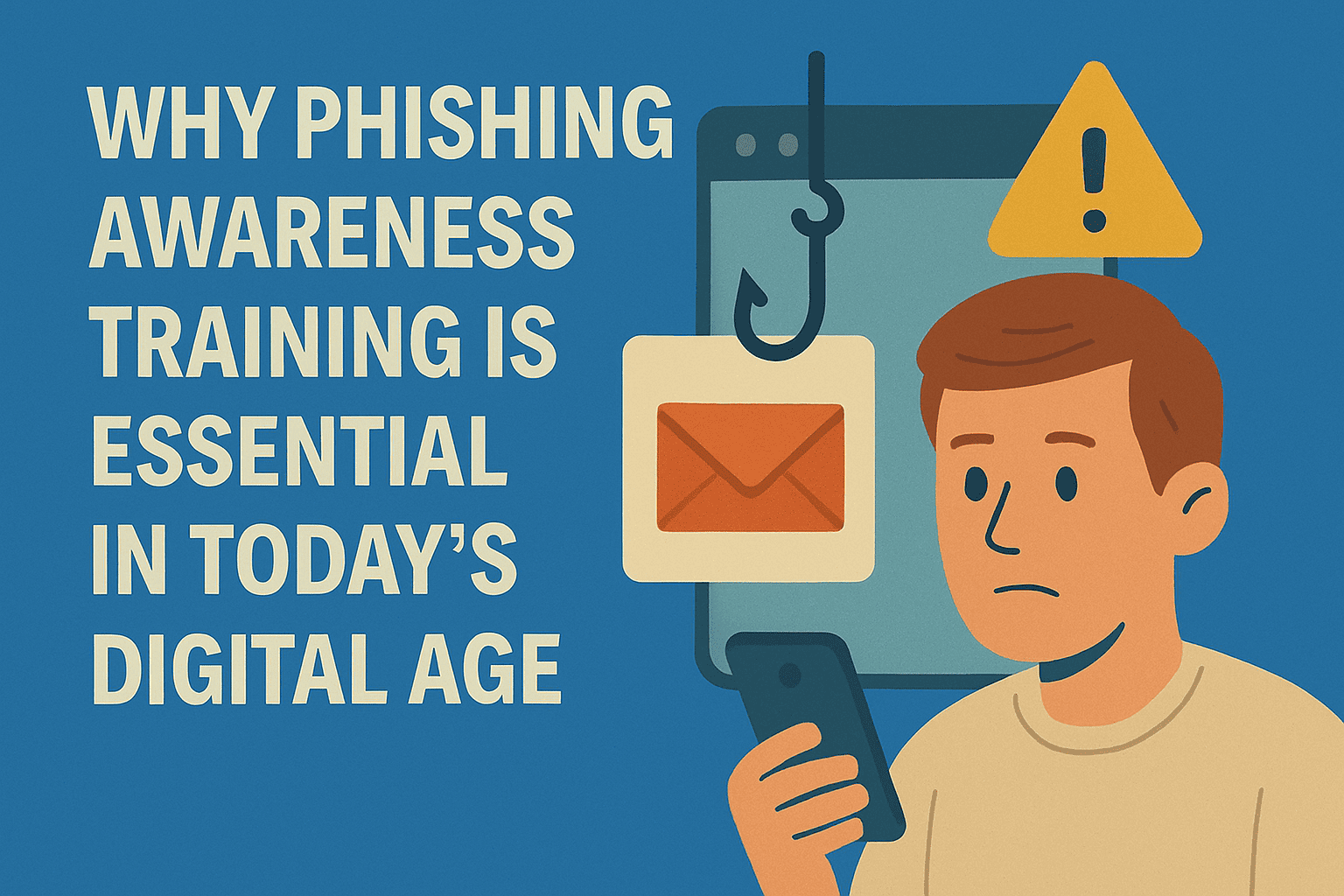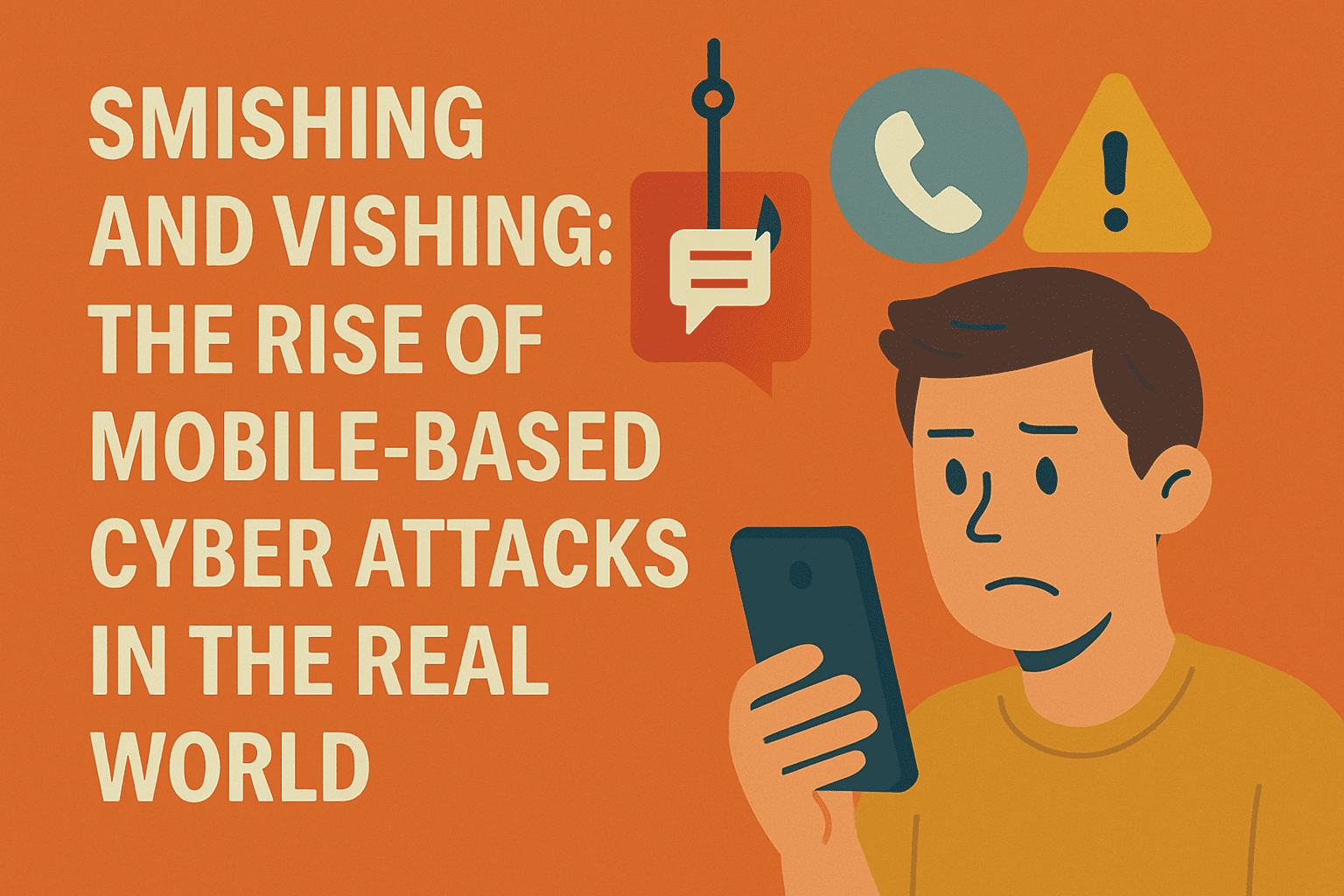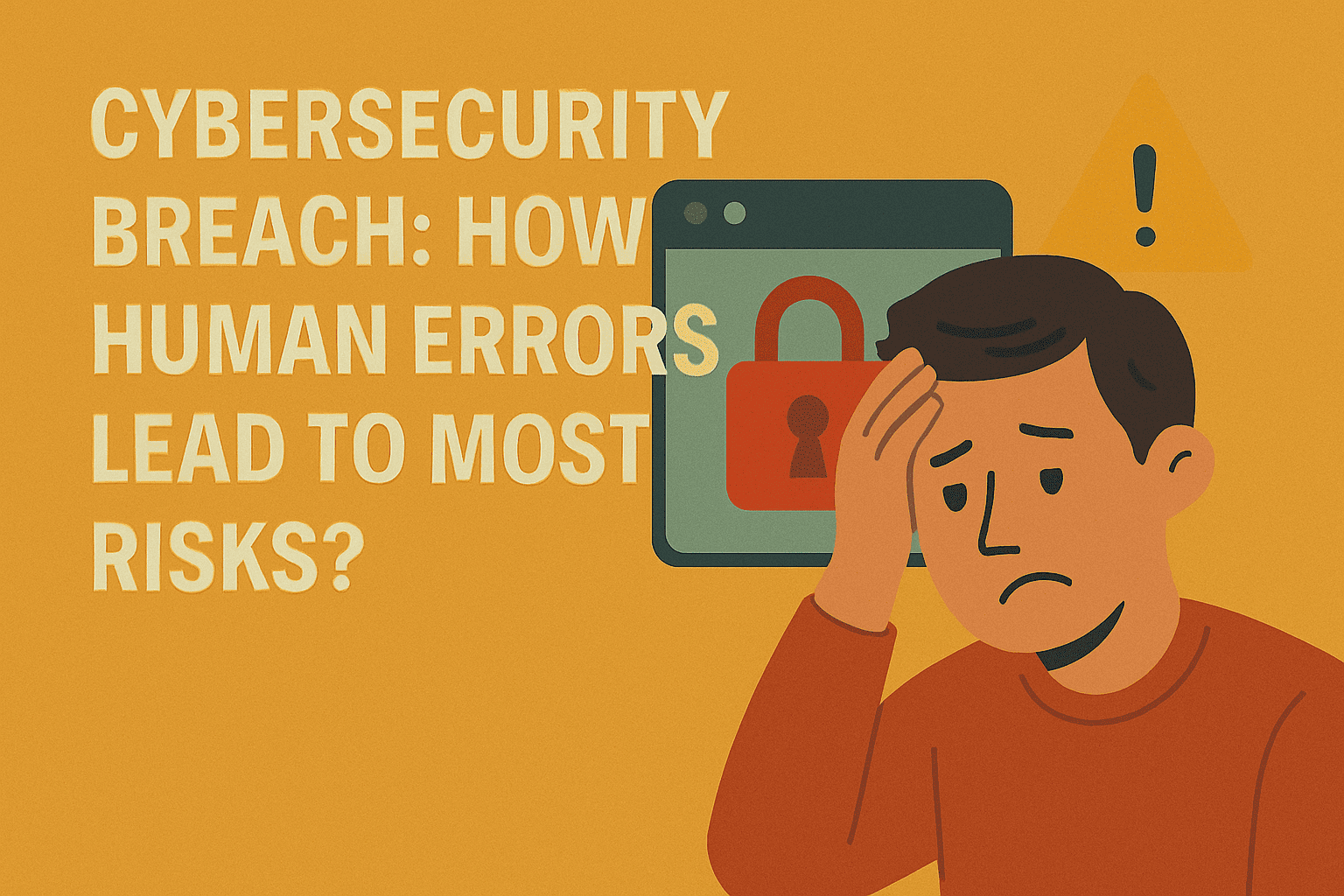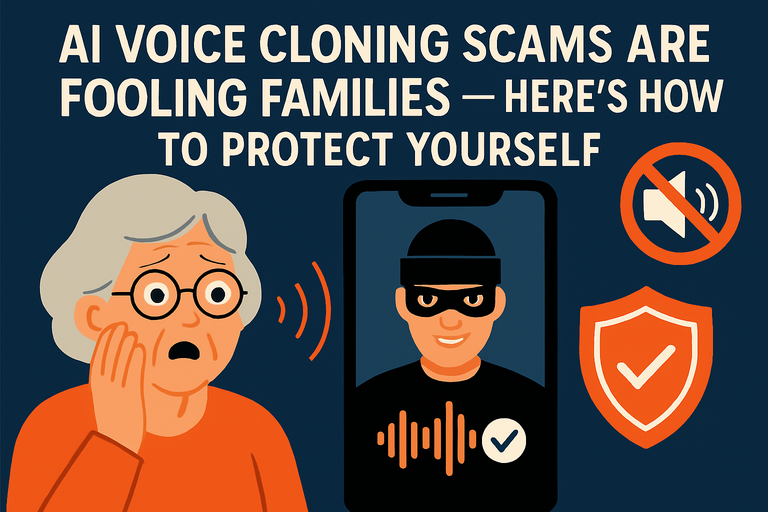Beware of the “Grandparent” Scam!
Scammers target elderly individuals by pretending to be their grandchildren in urgent trouble, demanding immediate financial help.
🚨 The “Grandparent” Scam: A Rising Threat to Elderly Citizens 🚨
In the digital age, scammers are increasingly exploiting emotions and technology to carry out sophisticated frauds. One such cruel trick is the “Grandparent Scam,” a scheme specifically targeting elderly individuals by preying on their love and concern for family members.
How the Scam Works
Scammers call or message elderly victims pretending to be their grandchild, niece, or nephew. Using urgent tones and emotional pleas, they claim to be in trouble — often saying they’ve been in an accident, arrested, or stranded abroad.
Phrases like “Grandma, it’s me! Don’t tell mom or dad — I’m in big trouble” are commonly used to build immediate trust. Victims are pressured to act quickly, often being told to wire money, share OTPs, or send cash via courier to “help” the family member.
Why It’s So Effective
Emotional Manipulation: The fear of a loved one in danger clouds rational thinking.
Urgency & Secrecy: Victims are told not to inform anyone, reducing the chance of fact-checking.
AI Voice Mimicry: In some advanced cases, scammers use AI to replicate the grandchild’s voice.
Social Media Mining: Scammers gather personal details from public profiles to sound more convincing.
Emotional Manipulation: The fear of a loved one in danger clouds rational thinking.
Urgency & Secrecy: Victims are told not to inform anyone, reducing the chance of fact-checking.
AI Voice Mimicry: In some advanced cases, scammers use AI to replicate the grandchild’s voice.
Social Media Mining: Scammers gather personal details from public profiles to sound more convincing.
Real-Life Example
A retired teacher in Mumbai received a frantic call from someone claiming to be her grandson, saying he had been in a car accident and needed ₹40,000 immediately to avoid jail. Out of panic, she sent the money through UPI. It wasn’t until she called her actual grandson that she realized she’d been duped.
How to Protect Yourself and Loved Ones
🔒 Verify Before You Trust
Call the actual family member or their parents directly before sending any money.
🔒 Don’t Rush Decisions
Scammers thrive on urgency. Take time to evaluate the situation.
🔒 Limit Personal Info Online
Keep your and your family’s profiles private. Scammers gather data from Facebook, Instagram, etc.
🔒 Discuss Scams with Elderly Relatives
Awareness is the first line of defense. Talk openly about these tactics.
🔒 Use Code Words
Establish a family “safe word” for emergencies that only real family members would know.

